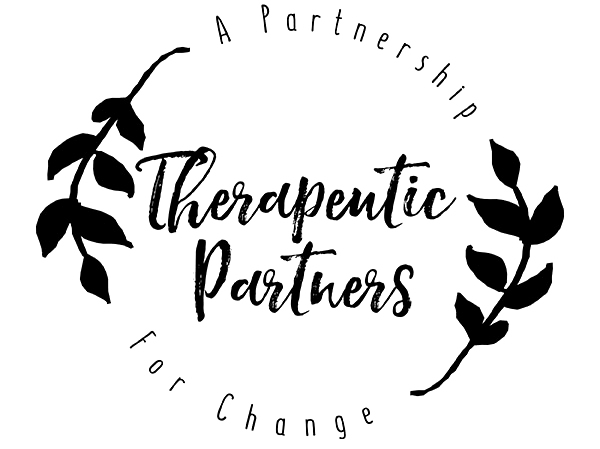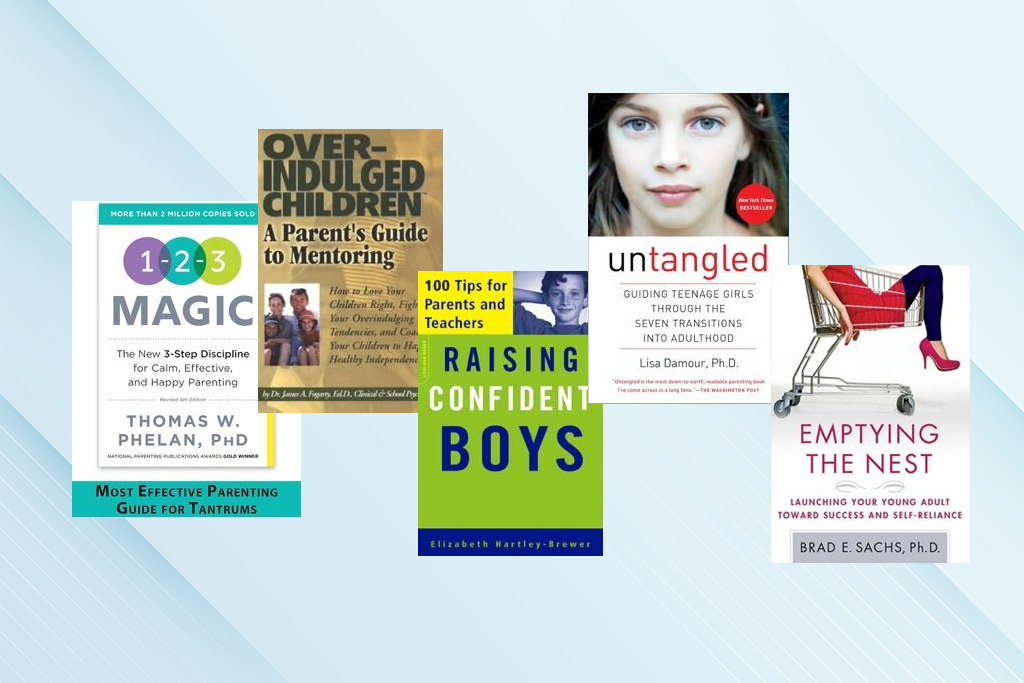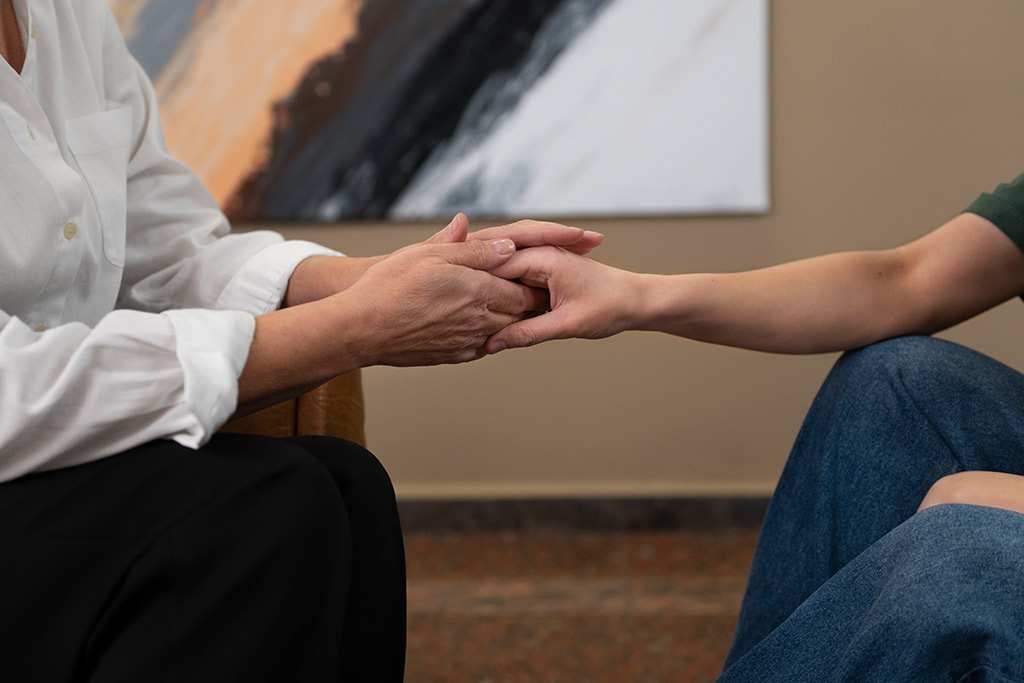[cs_content][cs_section parallax=”false” separator_top_type=”none” separator_top_height=”50px” separator_top_angle_point=”50″ separator_bottom_type=”none” separator_bottom_height=”50px” separator_bottom_angle_point=”50″ style=”margin: 0px;padding: 45px 0px;”][cs_row inner_container=”true” marginless_columns=”false” style=”margin: 0px auto;padding: 0px;”][cs_column fade=”false” fade_animation=”in” fade_animation_offset=”45px” fade_duration=”750″ type=”1/1″ style=”padding: 0px;”][cs_text]by Stephanie Farmer, LPC, LCAS-A
 While many people think of Spring Break, New Year’s Eve, and football games when they think of alcohol consumption, many American’s struggle with alcohol misuse and dependence on a daily basis. According to the 2015 NSDUH, 15.1 million adults ages 18 and older had an Alcohol Use Disorder, with a mere 6.7 percent of those adults receiving treatment. Alcohol dependence and misuse has long been a stigmatized topic, but it’s time to talk about it.
While many people think of Spring Break, New Year’s Eve, and football games when they think of alcohol consumption, many American’s struggle with alcohol misuse and dependence on a daily basis. According to the 2015 NSDUH, 15.1 million adults ages 18 and older had an Alcohol Use Disorder, with a mere 6.7 percent of those adults receiving treatment. Alcohol dependence and misuse has long been a stigmatized topic, but it’s time to talk about it.
The scary thing about alcohol abuse is that it can be hard to detect, and even harder to confront. You may be wondering, “How do I know if my friend just likes to drink, or if they have a more serious problem with alcohol?”
I’ve put together a helpful list of some warning signs that your loved one’s alcohol use may be more than “just a little habit.”
- Your loved one is missing school or work.
This one is a biggie. Although some people who struggle with alcohol abuse manage to keep their lives together temporarily (think “functional alcoholic”), it is unlikely that they will be able to sustain this for very long. If your typically punctual, responsible, dependable loved one is suddenly missing work or school with no explanation, their alcohol use may have crossed the line from social to problematic.
Many people who abuse alcohol will lie about their whereabouts, spend most of their time drinking or recovering from hangovers, show up to work/school late or not at all, and disappear for long periods of time without explanation.
- Your loved one can’t stop drinking despite trying or wanting to quit.
“I promise, I’m going to quit today, and I will never drink again.” Many of you who have ever been concerned about a loved one have likely heard this before. You’ve probably also been disappointed every time the person takes another drink.
Individuals who struggle with alcohol addiction need more than willpower to recover. An inability to cease drinking on their own is a sure sign that they need treatment.
- Your loved one hides or attempts to hide their drinking.
Many people who abuse alcohol attempt to hide their drinking from their loved ones not only to conceal the behavior, but also to avoid conflict or confrontation. If your loved one is drinking alone, lying about their drinking, or flaking on plans and commitments, particularly those that involve family, there is a good chance that their alcohol use is out of control.
- Your loved one often drinks alone or at odd times throughout the day.
Drinking first thing in the morning, late at night, or in isolation signifies that a person has now crossed the line into alcohol abuse.
- Your loved one develops tolerance.
Another big sign that your loved one may have a problem with drinking is needing to consume more of the same substance in order to receive the desired effect, or any effect at all. This is known as tolerance. Over time, the body adjusts to and expects the presence of alcohol. This requires the individual to consume more and more in order to allow their body to function in a normal manner.
- Your loved one experiences withdrawal symptoms if they stop drinking.
Alcohol withdrawal is a sure sign that your loved one has become dependent on alcohol. Alcohol withdrawal includes the physical and mental symptoms that occur when a person stops or cuts back on their substance use. Alcohol withdrawal symptoms can include headaches, nausea, shaky hands, anxiety, vomiting, and sweating.
Many individuals who have developed tolerance will consider alcohol a need rather than a want in order to try to fend off withdrawal. If your loved one is displaying any of these signs, they may need to complete detox under medical supervision.
So, now that I have given you some of the warning signs, I think it’s important to talk about how to have a conversation with a loved one whom you may be concerned about. Here are a few helpful “do’s” and “don’ts” to guide your conversation:
First and foremost, approach them in a private setting. And whatever you do, don’t open with an accusation or threat, or bring up past hurts as ammunition for the conversation. Many individuals who suffer from alcohol use disorders carry a tremendous amount of shame related to their use. Confronting them in a judgmental manner will likely drive them further away while reinforcing the shame that they are already feeling.
Secondly, ask a lot of open-ended questions. These allow the individual to explore your concerns and their own behaviors without feeling attacked.
Thirdly, be ready to listen to what your loved one has to say. It is important in this moment that your loved one feels heard and supported.
Finally, if they are willing to consider treatment, offer to help them find the solution that’s right for them.
While there is no right way to help a loved one, I hope these tips help you feel more empowered and better prepared to talk with a loved one who may be struggling.
We offer counseling in Holly Springs, Apex, Raleigh and the surrounding towns.[/cs_text][/cs_column][/cs_row][/cs_section][/cs_content]



